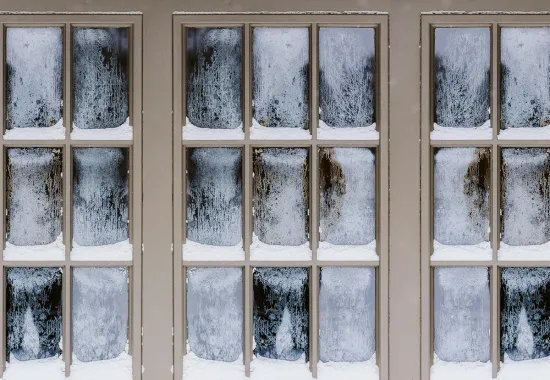Anabelle and the Toad, 1944
Arthur is sitting in his living room reading the evening paper, the fact of his grandson’s presence barely registering because he is following the war in Europe, what Hitler is doing to France, and lost in a memory of wandering Paris with a woman whom he never made love to but spent the evening with in 1910. He fell in love with her and stayed in love with her even now after being married for thirty years to a woman he also loves. He thinks of Anabelle as his other wife, his secret wife, and he’s probably wrong to love her, but she has stayed with him.
When Henry says, “Toad,” Arthur blinks twice and is back in 1944 ostensibly watching the boy, but somehow Henry has gone outside, found a toad and brought it back inside. Now, he’s offering it to Arthur who sips a little off the top of his bourbon with ice.
“Where’d you get that?” Arthur asks.
“In the bucket.” Henry’s still learning how to use language, how to make it have meaning for both parties in a conversation. “Bucket” to him might mean a bathtub or a pond or who knows. It’s a word that he’s trying on for a while to see what it can do. As a retired principal, Arthur has worked with enough kids over the years to know what a hazy, surreal thing life is to them, so perhaps he thinks the outside world is one large bucket.
Kids have it right, Arthur thinks, about the surreality of the universe. He knows that this is the kind of thought that makes sense after the third bourbon, but it does make sense.
In any case, the boy is holding it out to him like an offering, so Arthur takes it and says, “Thank you.”
“What should we do with it?” Henry frowns at Arthur and at this question, and Arthur takes another draw on his drink, letting it make him comfortably fuzzy around the edges, fuzzy enough that he’s willing to play this evening. “Do you know that if you were a girl, your parents were going to name you Anabelle?” Just before Henry was born, Arthur read that Anabelle was killed because she was a part of the Resistance. The papers called her a hero, made the argument that America should get into the war. Arthur showed his son the story and then pushed him to name his possible granddaughter that name. Only, Henry had been a boy and was named after someone else. Arthur can’t remember who.
“The toad,” Arthur asks Henry, “is an offering, isn’t it?”
“Yes,” Henry says.
He takes one more sip and stands and holds the boy’s hand with his left, keeping the frog in his right. The two walk out into the warm evening where the toads and frogs are in chorus with the crickets, all of them singing to the moon, Arthur thinks, because Anabelle loved the moon. At least in their one night together, she said that she thought the moon was her goddess, something romantic like that. Tonight, there is a full moon, and Arthur walks his grandson to the pond down the block, saying “Toad” to the boy who says it back to him, so he says it again, and the two of them keep it up.
Kids have it right, Arthur thinks, about the surreality of the universe. He knows that this is the kind of thought that makes sense after the third bourbon, but it does make sense. Kids understand beyond language. When they find words to define the universe later in life, they limit it.
The moon hangs above them, but it also lies in the reflection of the pool.
“The moon,” Henry says, pointing at the one in the water.
“Anabelle,” Arthur says. He hands the toad to the boy, who takes it with both hands. “Give her your offering.”
Henry looks at Arthur for a moment and then turns and tosses the toad into the pond. The toad ripples the pond and the moon and Arthur’s memory of Anabelle, and he can feel himself well up, and that is all right because she is here to watch him and the grandchild that might have been hers.
Recommended
The Monstera
The Wild Women of Brigantine
The Salamander






